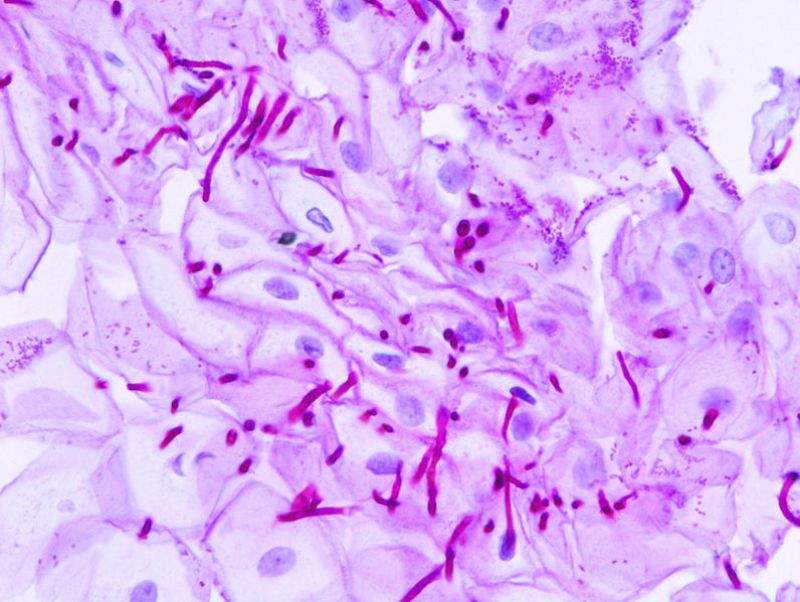
BeiGene has enrolled the first patients in two of its global Phase III clinical trials to evaluate tislelizumab for the treatment of patients with gastric cancer and esophageal cancer.
Tislelizumab is currently under development as a humanised IgG4 anti–PD-1 monoclonal antibody specifically developed to reduce binding to FcγR on macrophages.

Discover B2B Marketing That Performs
Combine business intelligence and editorial excellence to reach engaged professionals across 36 leading media platforms.
Both Phase III trials are designed to investigate tislelizumab in combination with chemotherapy as potential first-line treatments in patients with locally advanced unresectable or metastatic gastric or gastroesophageal junction adenocarcinoma.
It will also evaluate the response in patients with unresectable, locally advanced recurrent or metastatic esophageal squamous cell carcinoma (ESCC).
The trials feature randomised, double-blind, placebo-controlled designs.
BeiGene Immuno-Oncology chief medical officer Amy Peterson said: “Available data have shown promise for anti-PD-1 antibodies in patients with advanced gastric or gastroesophageal adenocarcinoma and in patients with advanced esophageal carcinoma.

US Tariffs are shifting - will you react or anticipate?
Don’t let policy changes catch you off guard. Stay proactive with real-time data and expert analysis.
By GlobalData“Gastric and esophageal cancers are among the most common malignancies in Asia and collectively are responsible for over 800,000 deaths annually in China alone.”
The trial will enrol 720 patients with locally advanced unresectable or metastatic gastric or gastroesophageal junction adenocarcinoma.
Patients will be treated with either 200mg of tislelizumab or placebo combined with platinum- and fluoropyrimidine-based chemotherapy intravenously once every three weeks.
Co-primary objectives of the trial include progression-free survival (PFS) and overall survival (OS), while its secondary objectives are overall response rate (ORR), duration of response (DOR). quality of life (QoL), safety and tolerability.
The esophageal cancer trial intends to recruit 480 patients with unresectable, locally advanced recurrent, or metastatic ESCC.
The recruited patients are expected to receive either 200mg of tislelizumab or placebo in combination with platinum- and fluoropyrimidine-based chemotherapy, intravenously once every three weeks.
Co-primary objectives of the trial comprise PFS and OS, while secondary objectives include ORR, DOR, and QoL, as well as safety and tolerability.





